“Psilocybin-assisted therapy has the potential to revolutionize mental health treatment, offering hope where traditional methods have failed.”
— Dr. Emmanuelle Schindler, Neurologist and Researcher at Yale University
(The Guardian)
When millions of people tried magic mushrooms, it became essential to know and discuss them. Magic mushrooms have been gaining popularity among those battling depression, anxiety, or chronic pain. So, are they truly a powerful tool in the mental health toolbox, alongside therapy and medication?
Well, let’s first understand:
Table of content
- What Is Psilocybin—and Why Is Everyone Talking About It?
- How Does It Work Inside the Brain?
- What Are the Real Benefits?
- Are There Any Risks or Side Effects?
- Where Can People Access It Legally?
- A New Path for Mental Wellness?
1.What Is Psilocybin—and Why Is Everyone Talking About It?
Continue reading ⤵
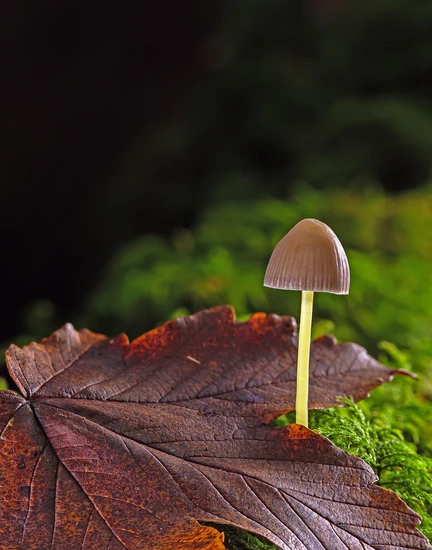
“Psilocybin is a plant chemical that comes from certain types of mushrooms. It’s considered a psychedelic drug—a type of drug that affects how the brain processes a chemical called serotonin. At certain doses, it can change people’s moods, thoughts, and perceptions.”
— National Center for Complementary and Integrative Health (NCCIH)
Psilocybin is the natural psychedelic compound found in certain mushrooms—often called “magic mushrooms.” Once considered taboo, it’s now gaining attention for a surprising reason: helping people heal from depression, anxiety, trauma, and even addiction.
As of 2025, more than 31 million Americans have tried psilocybin, and many say they’ve done so to feel better mentally—not to party. This shift in public interest is making scientists, doctors, and even lawmakers take a closer look.
2. How Does It Work Inside the Brain?
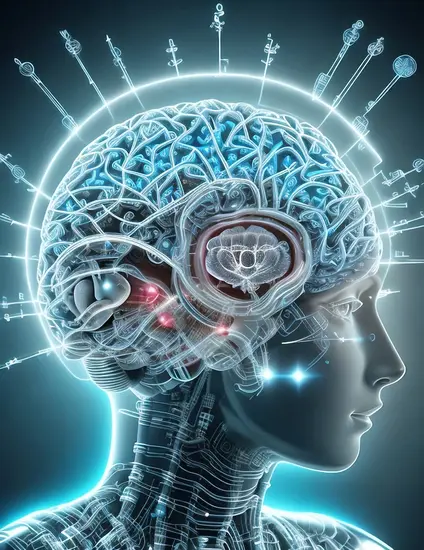
Psilocybin affects the serotonin system—the part of your brain that helps control mood, emotions, and sleep. Once you take it (usually under supervision), your brain becomes more connected in ways it normally isn’t. People often describe the experience as deep, emotional, and eye-opening.
Brain scans show that psilocybin “quiets” the overactive parts of the brain that are linked to negative thinking. It also helps new connections form—what scientists call neuroplasticity—which may explain why it’s helpful for people stuck in depression or trauma loops.
One or two well-guided sessions can create long-lasting effects—even months of relief from mental health struggles.
3.What Are the Real Benefits?
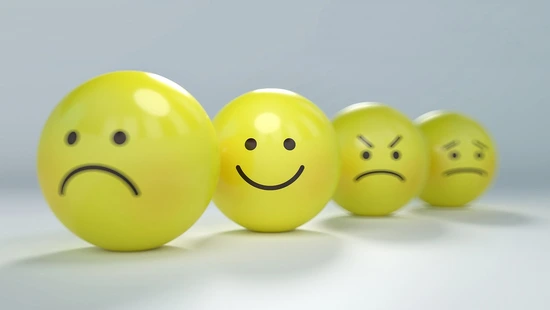
“Adding to evidence dating back as early as the 1950s, our findings strongly suggest that psilocybin therapy is a promising means of improving the emotional, psychological, and spiritual wellbeing of patients with life-threatening cancer.”**
— Dr. Stephen Ross, Associate Professor of Psychiatry at NYU Langone Health
Patient Care at NYU Langone Health+1Wikipedia+1
Here are some ways psilocybin is showing promise in studies:
- Fast-acting relief from depression: Unlike antidepressants, which take weeks, psilocybin often works within days.
- Reduced anxiety and fear: Especially for people with terminal illness or PTSD.
- Breakthroughs in addiction recovery: Helping people quit smoking or alcohol by changing how they see their life and choices.
- Boost in emotional clarity: Many users report feeling more connected to themselves, nature, and others.
In one study with cancer patients, over 80% reported long-term reduction in anxiety and depression after just one or two sessions. Imagine that—deep relief after years of suffering.
4.Are There Any Risks or Side Effects?

“Psilocybin typically raises blood pressure and heart rate, which may be dangerous for people with heart conditions. People may also experience side effects like agitation, confusion, vomiting or nausea, which may be severe and require medical attention.”
— National Institute on Drug Abuse
🔗 nida.nih.gov
Exercise isn’t just about physical fitness—it’s about mental freedom. When you move your body, you release tension, clear your mind, and welcome a wave of positive energy. Exercise for energy is a dance of liberation, a way to free your body from the chains of stress.
Yes. Psilocybin isn’t a magic bullet, and it’s not for everyone.
Possible Risks:
- Bad trips: Can cause fear, confusion, or paranoia—especially without support.
- Accidental misuse: Taking the wrong type or dose can be dangerous.
- Not safe for people with certain mental illnesses: Especially those at risk for psychosis or schizophrenia.
- Legal gray areas: It’s still illegal in many parts of the world, though states like Oregon and Colorado have created safe legal pathways for use in therapy settings.
That’s why experts strongly recommend that it be taken in supervised, clinical environments—not on your own.
5. Where Can People Access It Legally?
| Country | Status |
| Brazil | Legal |
| Jamaica | Legal |
| Netherlands | Partially Legal (magic truffles legal) |
| Bahamas | Legal |
| Nepal | Legal |
| Portugal | Decriminalized |
| Australia | Legal for Medical Use |
| Canada | Legal for Medical Use |
| Switzerland | Legal for Medical Use |
| United States (Oregon) | Legal for Medical Use (regulated settings) |
| United States (Colorado) | Legal for Medical Use (regulated settings) |
| United States (Various Cities) | Decriminalized (e.g., Denver, Oakland, Seattle) |
| India | Illegal (under NDPS Act, but local rulings exist) |
In these centres, you’ll get screened, guided, and supported throughout the experience—just like any medical procedure.
6. A New Path for Mental Wellness?
Psilocybin isn’t a cure-all, but it’s opening new doors. As science learns more, it may become a powerful complement to therapy and traditional medicine.
For people who feel stuck, hopeless, or broken by years of suffering, this once-feared mushroom is now offering a sense of hope.
We’re just at the beginning of understanding its full potential—but the early results suggest something truly remarkable: healing that goes far beyond pills and prescriptions.
“Sharing is caring! Share this article to spread the word“
Source:
- American Society for Microbiology – The Magic in the Mushrooms
- University Hospitals – “Magic Mushrooms,” Psilocybin and Mental Health
- Hindustan Times – Psilocybin Emerges as a Promising Therapy
- Brain Tomorrow – Psilocybin ‘Rewires’ Brain to Treat Depression
- NCBI – Psilocybin for Mental Health Treatment (2024 Study)





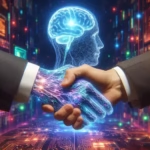








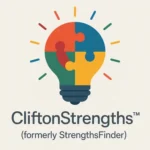
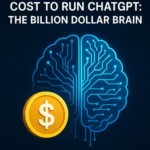




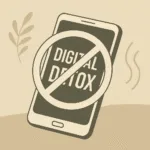







Leave a Reply